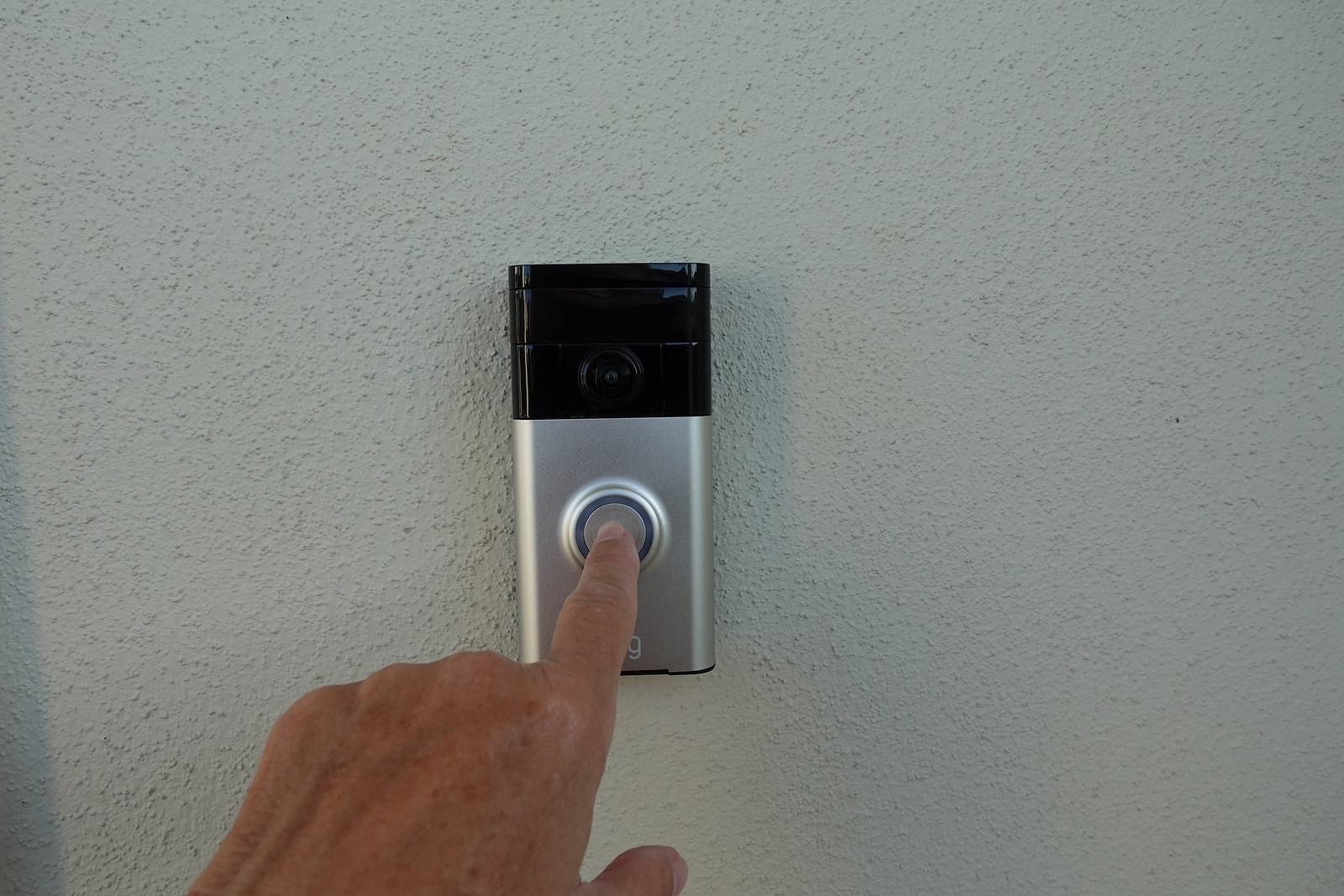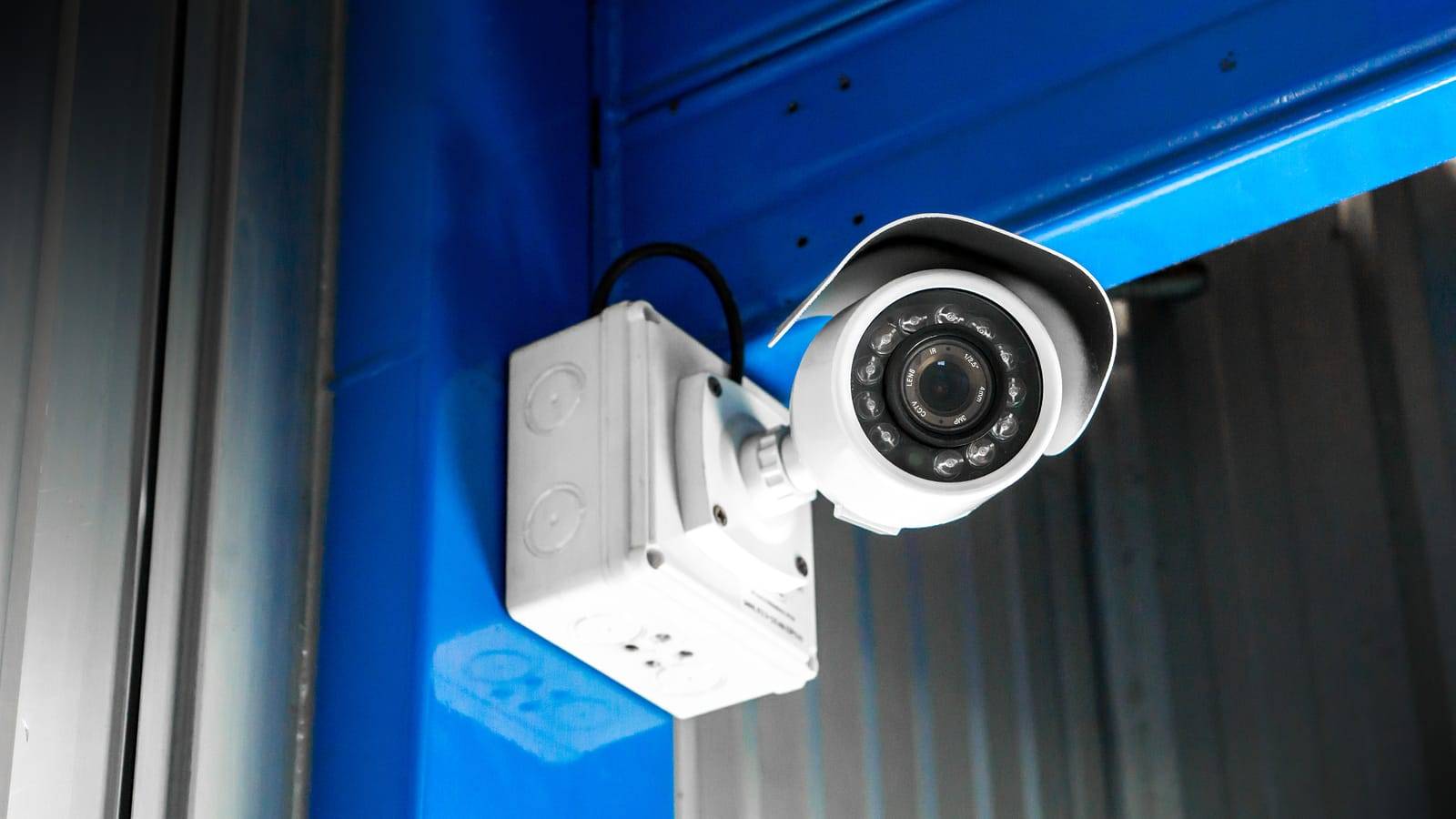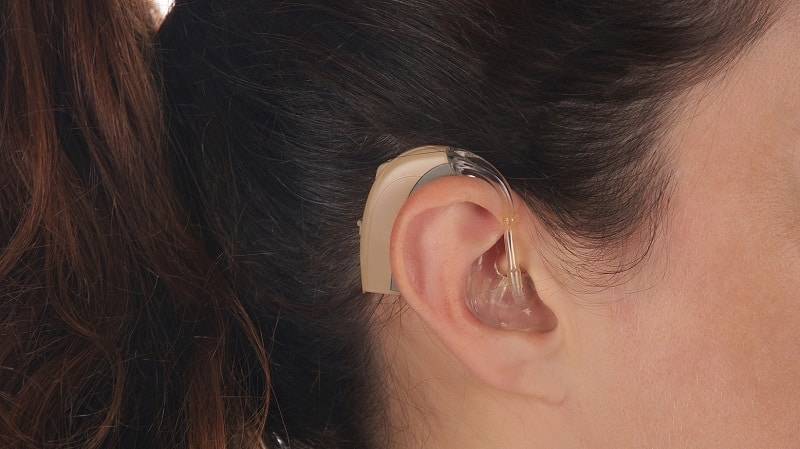Amazon Ring Devices Are Being Hacked? Isn’t it wonderful to live in an era where nearly everything and everyone is connected? But sometimes being so connected forces us to ask ourselves once in a while: are you being watched? With the number of cases involving people Hacking into Ring accounts growing, more people are beginning to wonder if connected devices like the Amazon Ring are safe to use.
Amazon Ring Devices Are Being Hacked?
Whether it be smart LED light bulbs or Smart mirrors for our bathroom, you name it, and you’re likely to find a “smart” version of it for sale on Amazon or eBay. If you Google something and there isn’t yet a smart version of it available, you can bet your bottom dollar that there will be one shortly. We even have smart diapers that were first launched by Pampers in the Fall of 2019.

Who’s Watching You? Amazon Ring Devices Are Being Hacked?
However, for every smart device that enters the market, there are tens of thousands, if not hundreds of thousands of hackers looking to exploit our smart devices—hackers who seem to be much smarter than those using all of these smart devices.
Of course, most consumers seem not to second guess the security of smart devices sold by large brands such as Amazon, Google, Apple, and others; but it might be a pretty good idea for you to start with the second-guessing if you haven’t already.
Amazon’s Ever-Growing List of Ring-Related Woes
Several class-action lawsuits have been filed against Amazon ever since its smart video and sound enabled Ring Video Doorbell, and wireless IP cameras have fallen prey to hackers. One of the plaintiffs in one class-action suit claims that after installing one of the Ring products in his garage, someone hacked into it and was talking with his children if that isn’t downright creepy!
It gets creepier, nonetheless
Some women have become victims of male stalkers who used their Ring wireless IP security cameras to taunt them as they slumbered. Imagine being a woman living alone and being awoken by a gruff male voice yelling through the Ring speaker to “Wake up! I can see you lying in your bed, now get the f*ck up!” If that isn’t the thing of nightmares, then I don’t know what is.

Who’s Watching You? Amazon Ring Devices Are Being Hacked?
Then there was a case where a kid hacked into a couple’s Ring camera that was set up in their kitchen. The hacker intruded on them as they were standing in the kitchen having a discussion and asked them if their biracial son (who was in another room) was a “monkey.”
Security Measures Are There for a Reason!
One would be surprised how easy it is to hack into devices that are connected to the Internet. For something to communicate online, there are a certain number of protocols that must be left open. For example, ports 80 and 443 must be left open by a firewall because they’re necessary for Web service functionality.

Who’s Watching You? Amazon Ring Devices Are Being Hacked?
Port 80 handles HTTP while port 443 handles HTTPS. For this reason, tech companies (big tech companies in particular) almost always suggest users set up two-factor or even three-factor authentication.
Two-factor and three-factor (especially) authentication would have prevented most if not all Amazon Ring devices from being hacked.
These class-action lawsuits seem to rest on the assumption that Amazon knew its Ring devices were susceptible to attack yet failed to implement essential security measures to protect users from hackers.
However, Amazon does have two-factor authentication for its devices, but according to a 2017 study published by duo.com, many users have said they don’t even know what it is or how to set it up. One of the plaintiffs goes as far as to blame Amazon for him not knowing about two-factor authentication until after his Ring device was hacked.
Now, whose fault is that?
Should You Purchase a Connected Device Like the Amazon Ring?
With so much negative media swirling around about Amazon Ring devices getting hacked and users being terrorized, it’s no wonder people are concerned. Nevertheless, it’s more or less about understanding how the tech gadgets you purchase work. Countless Gmail users get their accounts hacked, and it’s usually their fault and not Gmail’s fault; they do careless things like click on links from advertisers or download attachments. Opening themselves up to vulnerability.

Who’s Watching You? Amazon Ring Devices Are Being Hacked?
If any tech company out there understands the importance of security, it’s Amazon. It’s not to say it’s perfect, and we can all throw caution to the wind—on the contrary! That’s exactly what hackers are hoping users of connected technology do: throw caution (and common sense) out of the window. Seriously … you would think anyone with half a brain would have at least heard of two-factor authentication since almost every online service offers or even requires it (such as some bitcoin wallets).
Ring doorbell vulnerability?
Social media sites like Facebook, Twitter, and Instagram are always reminding users to set up two-factor authentication, as does Gmail. So, it all boils down to one simple philosophy: if you’re ignorant of such things, it might be best for you not to purchase high-end tech gadgets like the Amazon Ring (because that’s exactly what it is essentially—a high-end tech gadget).
It’s not Amazon’s fault that users living in the 21st century at the height of the Digital Age still don’t know about two-factor authentication—which has been around in its present form for more than a few years now. In other words: the Amazon Ring is safe as long as you follow the appropriate security measures.








